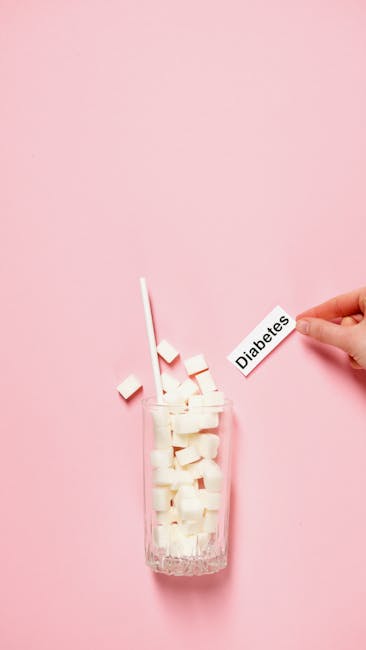
Understanding your daily calorie needs is crucial for maintaining a healthy weight, boosting energy levels, and supporting overall well-being. But how do you figure out the right amount? And what are the dangers of going too low or too high? This guide breaks down the minimum and maximum calorie intake you need each day to thrive.
Why Calories Matter
Calories are units of energy derived from the food and beverages we consume. They fuel all our bodily functions, from breathing and thinking to physical activity. Consuming the right number of calories is essential. Not enough, and your body will start to conserve energy, potentially slowing your metabolism and leading to nutrient deficiencies. Too many, and you’ll likely gain weight.
The Minimum: Avoiding Calorie Deficit Danger
Generally, the absolute minimum calorie intake for adults to maintain basic bodily functions is around 1200 calories per day for women and 1500 calories per day for men. However, this is a *very* general guideline and can vary based on your size, activity level, and metabolism. Consuming fewer calories than this consistently can lead to:
- Nutrient Deficiencies: Your body won’t get the necessary vitamins and minerals.
- Muscle Loss: Your body may start breaking down muscle tissue for energy.
- Metabolic Slowdown: Your metabolism may become less efficient at burning calories.
- Fatigue and Weakness: Low energy levels can significantly impact your quality of life.
- Serious Health Issues: In extreme cases, chronic calorie restriction can lead to long-term health problems.
Important Note: If you’re aiming to lose weight, a moderate calorie deficit (around 500 calories less than your daily maintenance needs) is recommended. Consult with a healthcare professional or registered dietitian before making drastic changes to your diet.
The Maximum: Preventing Calorie Overload
The maximum calorie intake varies based on factors like activity levels. Someone who is highly active, such as a marathon runner, will need more calories than a sedentary office worker. Here’s a general idea:
- Sedentary (little to no exercise): Roughly 1600-2400 calories per day (depending on gender, size, and age).
- Moderately Active (moderate exercise 3-5 days per week): Roughly 1800-2800 calories per day.
- Very Active (intense exercise or physical job): Roughly 2400-3000+ calories per day.
Consistently consuming more calories than you burn leads to weight gain. This can increase the risk of:
- Weight Gain and Obesity: Excess calories are stored as fat.
- Increased Risk of Chronic Diseases: Obesity is linked to heart disease, type 2 diabetes, and certain cancers.
- Joint Problems: Excess weight puts a strain on your joints.
- Low Energy Levels: Surprisingly, overeating can make you feel sluggish.
Calculating Your Personal Needs
To determine your personal calorie needs, consider these factors:
- Basal Metabolic Rate (BMR): The calories your body burns at rest. You can use online calculators or consult with a professional.
- Activity Level: The amount of physical activity you engage in each day.
- Goals: Are you trying to lose, gain, or maintain weight?
Tools & Resources:
- Online Calorie Calculators: Use reputable online calculators to estimate your daily needs. Search for “calorie calculator” + “BMR”.
- Food Tracking Apps: Track your calorie intake with apps like MyFitnessPal or Lose It!.
- Registered Dietitian or Healthcare Professional: For personalized guidance.
The Bottom Line
Finding the right balance is key! Aim for a calorie intake that supports your activity level and health goals. Pay attention to your body’s signals, and don’t hesitate to seek professional help. Prioritizing nutrient-dense foods and staying active are also essential for a healthy and fulfilling life. Eating healthy is key to being healthy.
